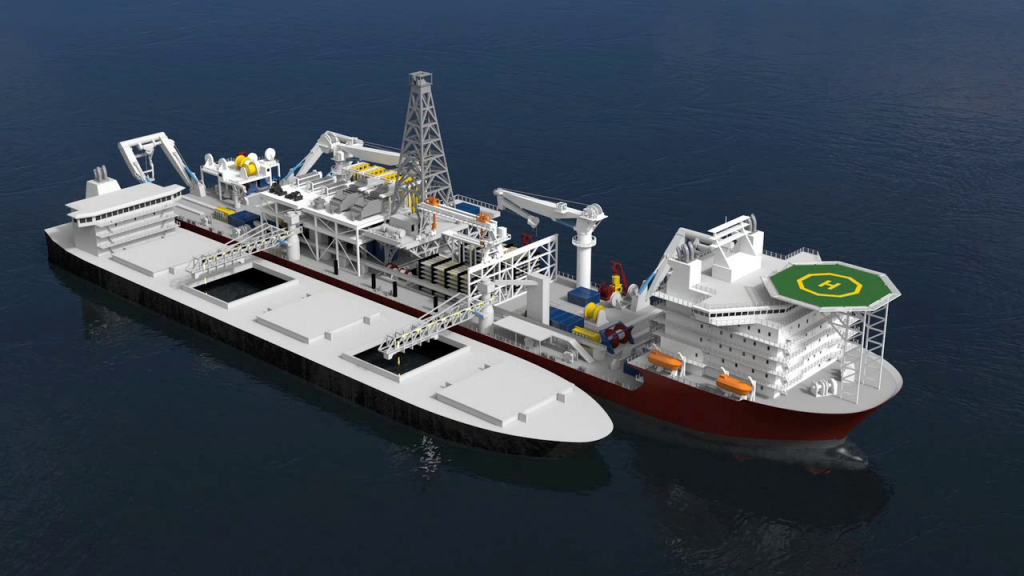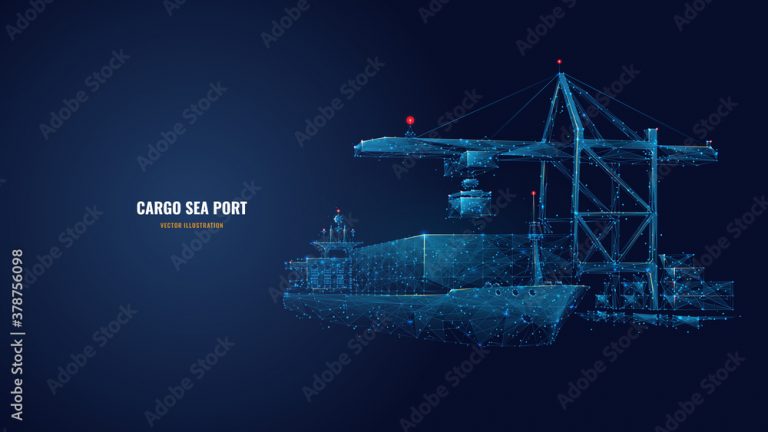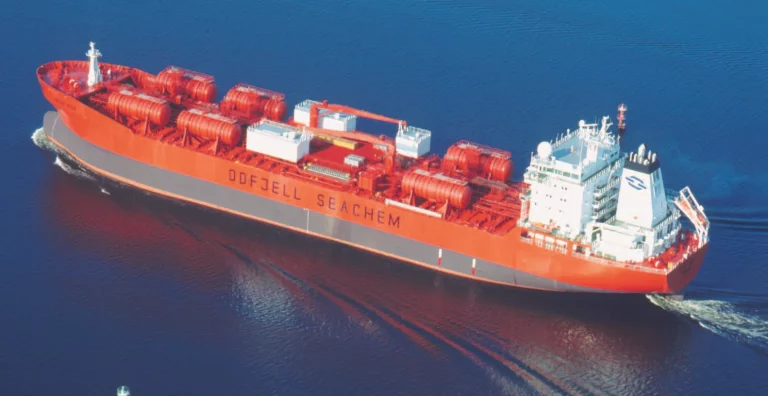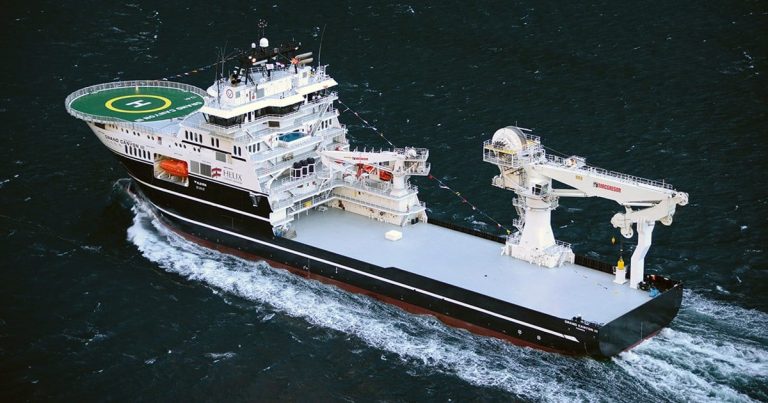
Specialized Ships
Specialized ships are designed to perform specific tasks that require specialized equipment and expertise. These vessels play a critical role in various industries, including offshore oil and gas, salvage and rescue, and scientific research.
Types of Specialized Ships
- Offshore Supply Vessels (OSVs):
- Designed to support offshore oil and gas operations.
- Transport personnel, equipment, and supplies to and from offshore platforms.
- Equipped with advanced dynamic positioning systems to maintain a precise position.
- Salvage Vessels:
- Specialized vessels designed for salvage operations, such as recovering sunken ships or removing debris from waterways.
- Equipped with powerful winches, cranes, and diving equipment.
- Cable-Laying Vessels:
- Used to lay underwater cables for telecommunications and power transmission.
- Equipped with sophisticated cable-laying equipment and dynamic positioning systems.
- Research Vessels:
- Used for scientific research, including oceanography, marine biology, and geology.
- Equipped with advanced laboratories and scientific equipment.
- Icebreakers:
- Designed to navigate through ice-covered waters, opening up shipping routes in polar regions.
- Equipped with powerful ice-breaking hulls and propulsion systems.
Key Features of Specialized Ships
- Robust Construction: Built to withstand harsh marine environments and heavy workloads.
- Advanced Technology: Equipped with state-of-the-art navigation systems, communication equipment, and safety features.
- Specialized Equipment: Tailored equipment for specific tasks, such as cranes, winches, and underwater robots.
- Highly Skilled Crews: Experienced crews trained to handle complex operations and emergencies.
Challenges and Innovations
- Harsh Marine Environments: Specialized ships often operate in challenging conditions, such as extreme weather and rough seas.
- Complex Operations: Many specialized tasks require precision and expertise.
- Environmental Regulations: Adherence to strict environmental regulations to minimize impact on marine ecosystems.
- Technological Advancements: Continuous innovation in technology, such as autonomous systems and renewable energy, is shaping the future of specialized ships.
Specialized ships are essential for the global economy, enabling the development of offshore resources, the transportation of critical infrastructure, and scientific research. As technology continues to advance, we can expect to see even more sophisticated and specialized vessels in the future.
Would you like to learn more about a specific type of specialized ship or the challenges faced by the maritime industry in operating these vessels?



